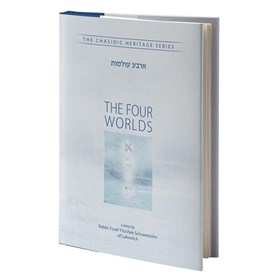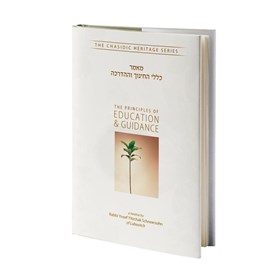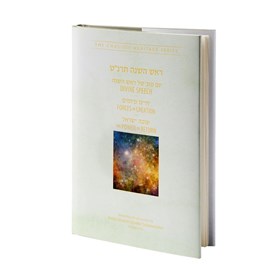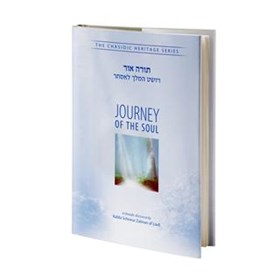Our Mission
For the newcomer to the teachings of Judaism as well as for those well versed in Torah knowledge, we provide material of unparalleled quality and authenticity. We will continue to satisfy the thirst for knowledge for which our people, the "People of the Book" have always been identified.
Our History





























For every milestone in life.
The Rebbe has indicated that the publication of a Torah book is the ultimate way to celebrate a festive family occasion and the finest memorial one could establish for a dear departed one.
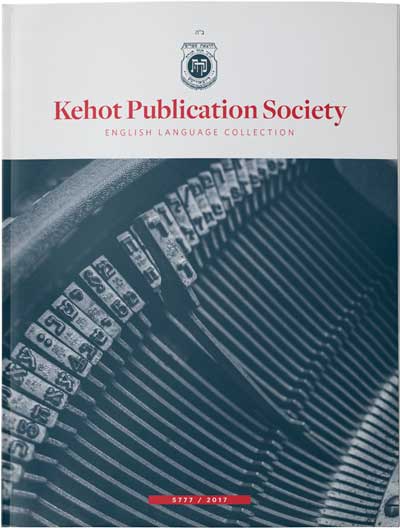
Browse the ultimate catalog of Jewish discovery!
Chabad’s publishing arm has produced the ultimate guide to English-language discovery, discourse and gift-giving. Featuring 75 pages of groundbreaking new volumes, classic publications and historical and inspirational notes.
True Freedom
The Tablets were G-d’s handiwork and the script was G-d’s script, engraved on the tablets.
Exodus 32:16
The Ten Commandments were engraved upon the tablets. Our sages point out that the word “engraved” (charut) is related to the word “free” (cherut). Based on this relation, they assert that true freedom is possible only by observing the Torah’s rules. But, given its great number of prescriptions and proscriptions, the Torah would seem to be more restrictive than liberating.
The explanation lies in the fact that we are constantly torn between our animal and G-dly natures, each one pulling us in its own direction. Since our Divine nature will never relent, we can be truly free only when our Divine spirit is fully victorious. Our animal nature, once it is refined, realizes that submitting to the Torah’s directions is in fact its true desire; its natural state is to be guided and governed by spirituality.
Thus, the Torah’s restrictions on our animal nature in fact liberate us, enabling us to actualize our full, Divine potential for spiritual growth and expression.
-- Daily Wisdom

